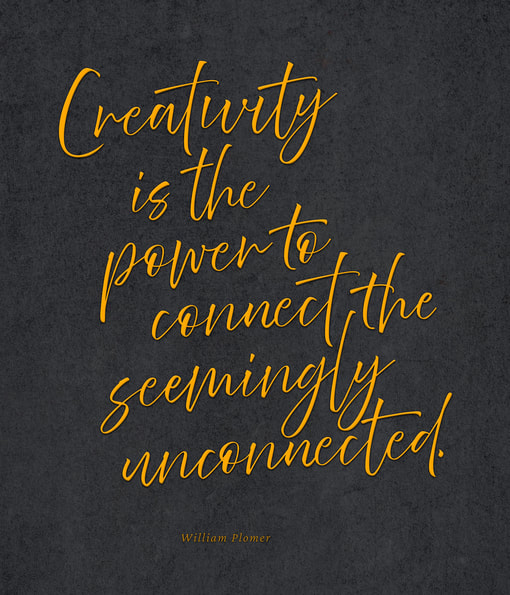When this student showed signs of increasing stress to not being granted an extension (by sending angry, personal, and unprofessional messages to me while I was teaching their class), I asked them to submit what they had already completed and we could then discuss after class. They didn't want to. They didn't have any work to submit. They weren't quite ready yet for discussing it (reframing really helped me here!). The next week, I followed up with them. They still weren't ready to have a conversation with me. Ok. When the second assignment rolled around shortly after, they requested another extension well ahead of time and I not only granted the extension but offered extra support in completing the assignment. This offer was accepted. We were able to connect and joke around through this process (gradually, but consistently), and this student very successfully completed the assignment. Our relationship became one of support rather than conflict as they realized that I truly believed in them, wanted to support them, and most importantly, they realized that they were truly capable.
They submitted prior to the deadline (for this and all future assignments as well), and they were really appreciative, understanding that scaffolding with clear expectations and guidelines (but also available support) was part of what helped them in the long run. Most importantly, we formed a relationship. That's what helped this student develop their own ways of learning and moving forward without their limbic brakes halting their progress. It was not about teaching strategies, but about that relationship. It helped ME as an educator, and THEM as a student, and US as humans.
0 Comments
|
AuthorCasey Burgess has a B.Sc.in Psychology, an M.A. in Education (Curriculum and Instruction), and a Ph.D. in progress in Education (Cognition and Learning). She has 20 years experience with direct service, curriculum development, workshop facilitation, and supervisory experience supporting children who have Autism Spectrum Disorders, and their families. She currently frames her work using a developmental, relationship-based, self-regulation lens. Archives
June 2021
Categories |


 RSS Feed
RSS Feed